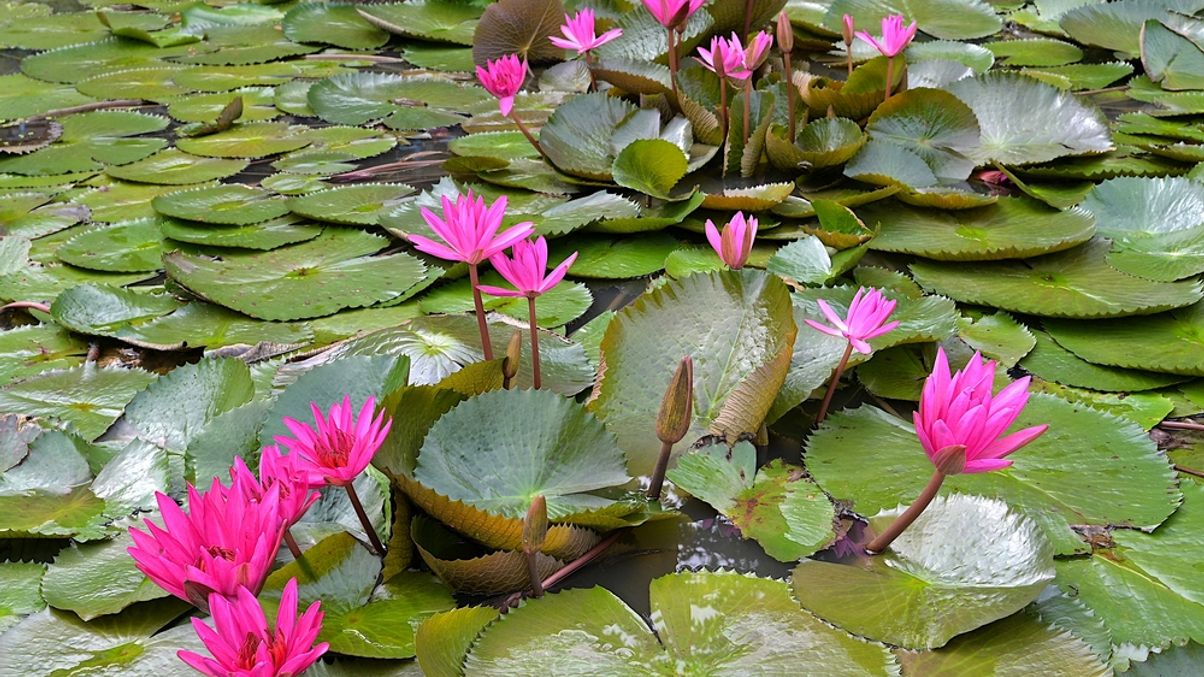Nature-based solutions: Asset owners 'asking for product' focused on Asia
Demand is rising for solutions focused on Asia, according to industry executives.

Asset owners operating in Asia Pacific are becoming increasingly interested in nature-based solutions that target the region, according to industry executives.
Sign in to read on!
Registered users get 2 free articles in 30 days.
Subscribers have full unlimited access to AsianInvestor
Not signed up? New users get 2 free articles per month, plus a 7-day unlimited free trial.
¬ Haymarket Media Limited. All rights reserved.


